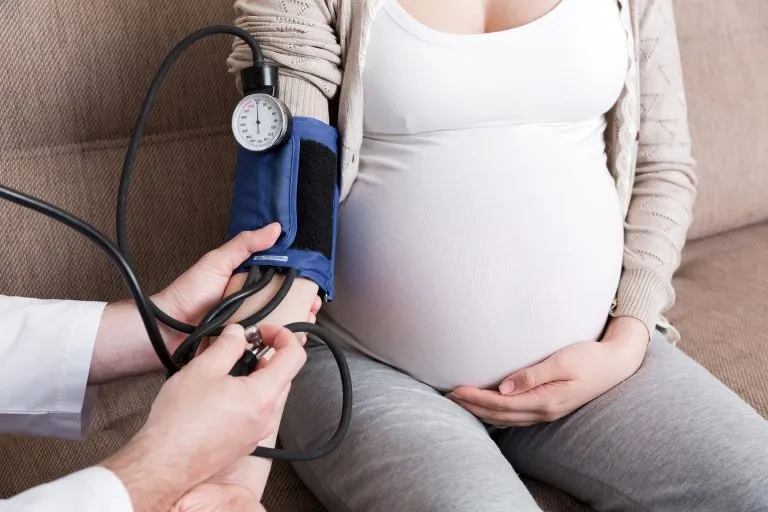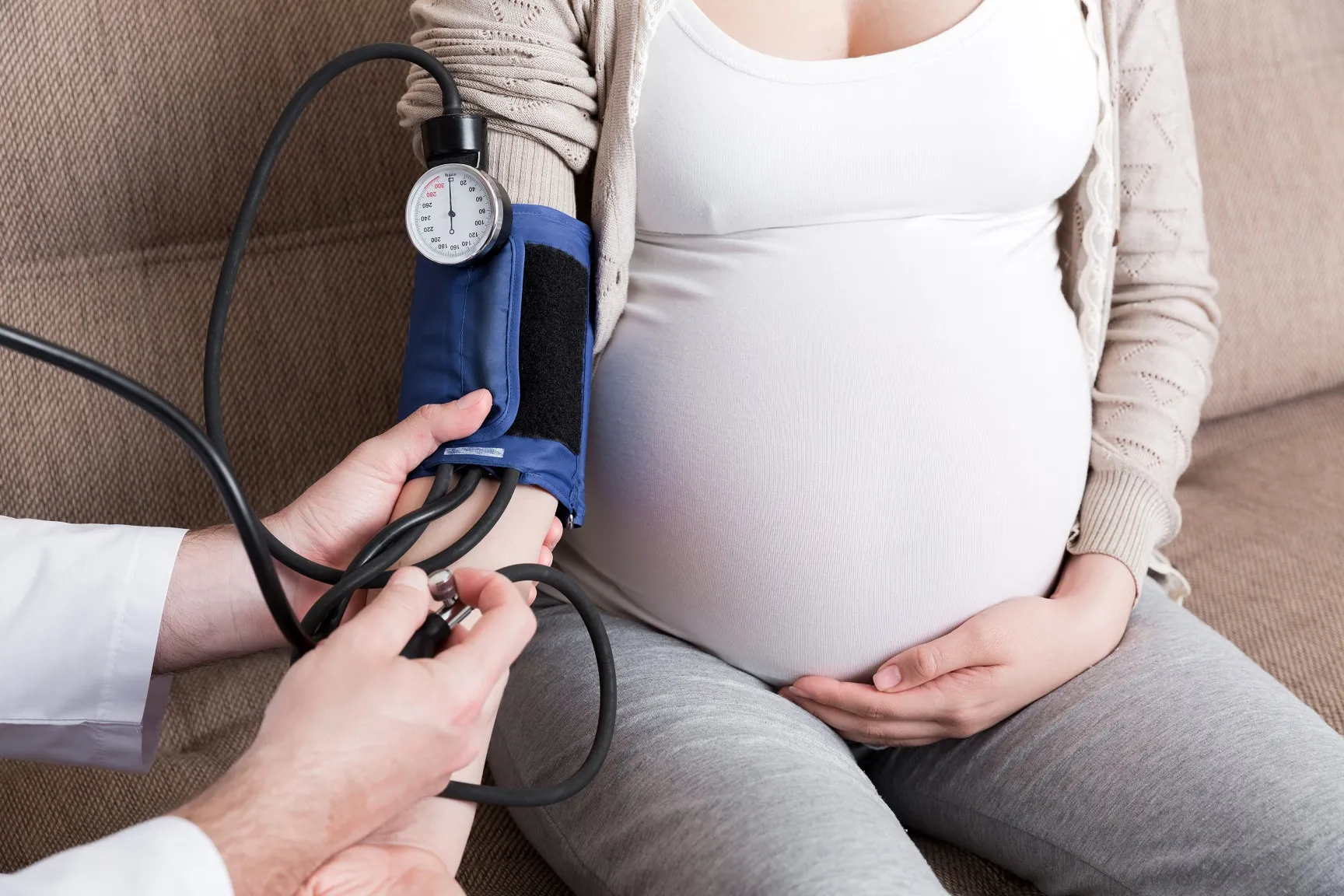During pregnancy, many changes take place in the body of the mother-to-be. They aim to provide the best possible conditions for the baby to develop and grow in the uterine cavity. Some of them involve the cardiovascular system. Find out if a high heart rate during pregnancy can be a symptom of pregnancy complications.
High heart rate in pregnancy- causes
There are many changes in the circulatory system during pregnancy. Among these, the most significant relate to an increase in cardiac stroke volume, an increase in circulating blood volume and a reduction in blood pressure. There is also an expansion of blood vessels. In addition, the physiological change is an acceleration of the heart rate by about 20 beats per minute. This means that in most cases, the occurrence of a pregnant woman’s heart rate of 90 beats per minute should not be a cause for concern.
Read also:
Blood pressure in pregnancy-what is the correct one?
High heart rate in pregnancy- symptoms
Most often, pregnant women with high heart rates complain of a feeling of palpitations, faster fatigue and subjective discomfort. There may also be chest pain. Most often, these symptoms recur during the day. Sometimes, however, other symptoms such as hot flashes and shortness of breath occur along with the acceleration of the heart rate. In such a situation, it is worth consulting a doctor and looking for a possible cause of the symptoms that appear.
High heart rate in pregnancy-does it mean something dangerous?
A high heart rate in pregnancy may not only be a physiological change taking place during pregnancy, but one of the symptoms of complications occurring during those nine months. Tachycardia is one of the symptoms of conditions such as:
- hyperthyroidism,
- anemia,
- heart defects,
- cardiac arrhythmias.
If, in addition to a high heart rate, a mother-to-be who suffers from dizziness, experiences shortness of breath or has dark circles in front of her eyes, she should consult a doctor immediately. This is because conditions whose one of the symptoms is an accelerated pulse require diagnosis and the implementation of appropriate treatment.
High heart rate in pregnancy-what tests to perform?
If the mother-to-be is struggling with palpitations and an accelerated pulse, the most common first test performed is an EKG. It should be reviewed by a cardiologist, who will refer the pregnant woman for an echocardiogram or ECG Holter if in doubt or for further diagnosis. Among the laboratory tests ordered in pregnant women with high heart rates are TSH, fT3 and morphology. With them, hyperthyroidism and anemia can be detected. When the cause of the presenting symptoms is cardiac, the pregnant woman should be under the supervision of a cardiologist throughout and after the pregnancy.
Rate this article:












